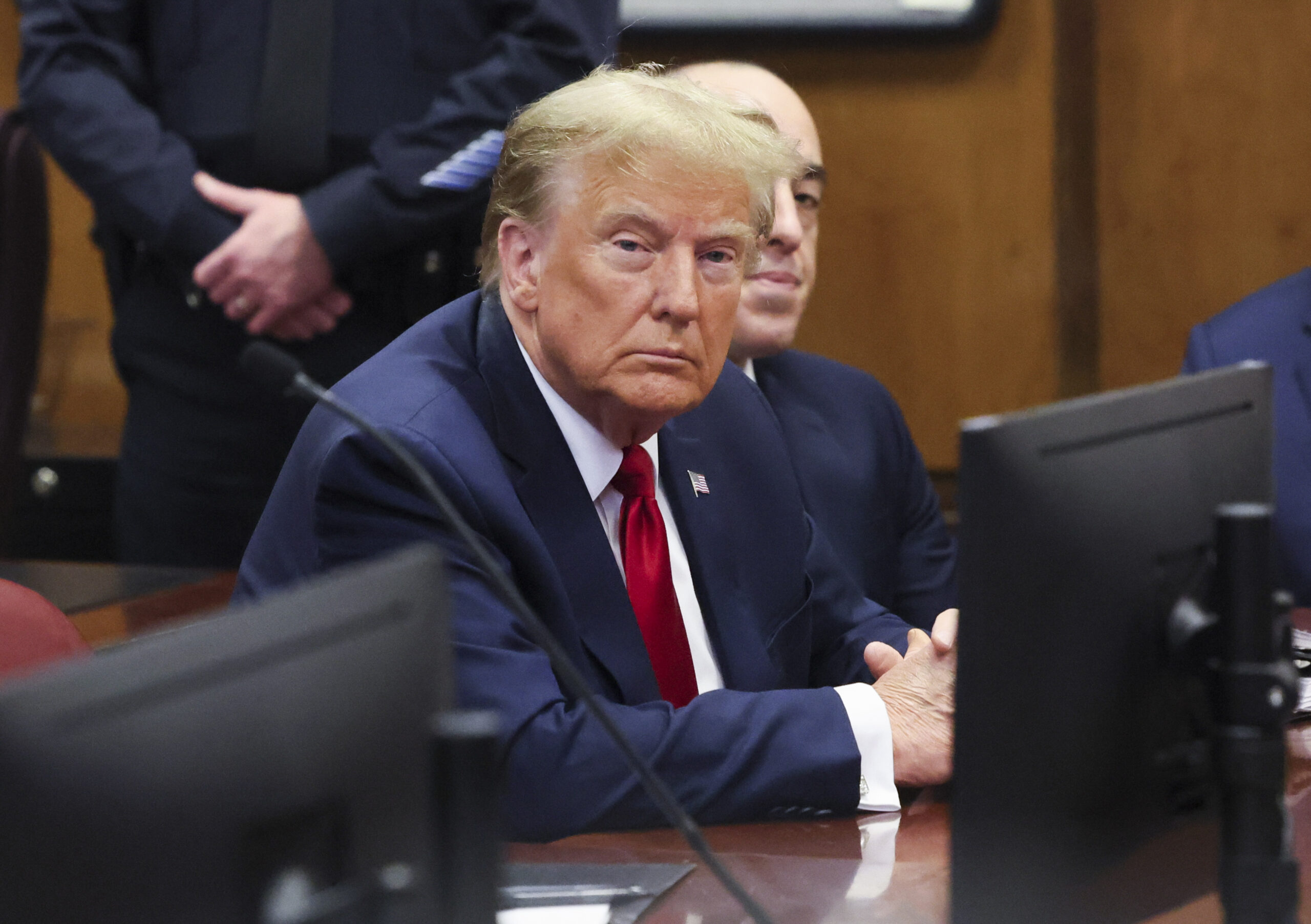

A federal judge pressed former President Donald Trump‘s attorneys on Thursday during a hearing about their arguments that his classified documents case in Florida should be dismissed.
Judge Aileen Cannon showed skepticism at times toward Trump’s defense team while Trump himself sat quietly in the Fort Pierce courtroom listening, according to multiple reports.
Cannon had scheduled the hearing to cover two of Trump’s motions in particular: one to dismiss his charges based on the Presidential Records Act and the other to dismiss the charges based on “unconstitutional vagueness.” Cannon denied the latter motion shortly after the hearing concluded.
Special counsel Jack Smith charged Trump last year with willfully retaining national defense information, alleging the former president illegally stored classified material at his Mar-a-Lago residence after he left office. Smith also accused Trump of obstructing federal investigators.
Trump has pleaded not guilty to the charges and has argued that the case should be dropped because his actions were protected by the 1970s-era Presidential Records Act.
Trump’s attorneys said in a filing last month that the Presidential Records Act granted “unreviewable discretion on President Trump to designate the records at issue as personal” and argued that Cannon should dismiss the case because of it.
Prosecutors responded in their own filing that the Presidential Records Act was irrelevant to the Espionage Act, the statute under which Trump has been charged. They also said defense attorneys were making “mens rea” claims, which are statements about Trump’s state of mind, that were premature and not fit for a dismissal argument.
Cannon on Thursday appeared to lean in favor of prosecutors, suggesting a jury at trial would be better suited to assess arguments about the records statute, according to Politico.
She also heard arguments from Trump’s defense team that the case should be dismissed because 32 of the 40 charges the former president faces are Espionage Act violations, a statute Trump’s attorneys have claimed is “unconstitutionally vague.”
Cannon spent most of the hearing examining this claim and warned Trump’s attorneys she would be taking an “extraordinary step” if she ruled Trump’s charges, derived from a 1917 law intended to address crimes of betrayal during World War I, were unconstitutional, according to CNN.
“You understand, of course, that finding a statute unconstitutionally vague is an extraordinary step,” Cannon said.
One of Trump’s attorneys replied, “I understand that it is significant, but it’s warranted here.”
Cannon said she would make a decision on Trump’s motions “promptly.”
CLICK HERE TO READ MORE FROM THE WASHINGTON EXAMINER
While parties await her ruling, they are also awaiting her answer to another open question — when the trial will begin. Cannon held a hearing earlier this month during which she discussed a potential trial time frame, but she has remained silent on the matter since then and said nothing about it on Thursday.
Trump, the leading GOP presidential candidate, has pushed for a trial to take place after the presidential election, whereas Smith has asked Cannon to schedule the trial for July.






